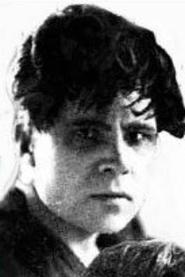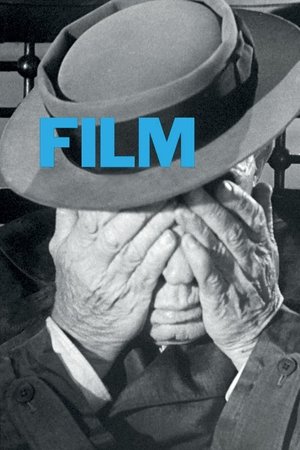
Shadows of Belvedere(1927)
A love story between a Polish military officer Zvolinskiy and a poor Jewish girl Liya. Both are falsely accused of treason and sentenced to death. Polish president changes the sentence to exile, but will they survive the tragic ordeal?

Movie: Shadows of Belvedere
Top 10 Billed Cast
Tkhorzek, Polish tycoon
Wanda, Tkhorzek's daughter
Konrad Zvolynskiy
President of the Polish republic
Ksaveriy Chekorskiy, minister of the internal affairs
Handwriting forgery expert
Mendel Koykhman
Lia, Mendel Koykhman' daughter
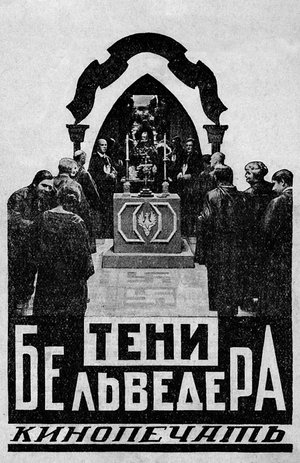
Тіні Бельведера
HomePage
Overview
A love story between a Polish military officer Zvolinskiy and a poor Jewish girl Liya. Both are falsely accused of treason and sentenced to death. Polish president changes the sentence to exile, but will they survive the tragic ordeal?
Release Date
1927-06-08
Average
0
Rating:
0.0 startsTagline
Genres
Languages:
Keywords
Similar Movies
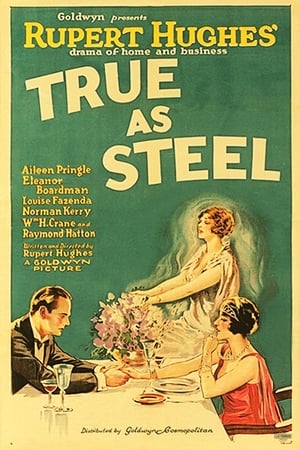 0.0
0.0True As Steel(en)
Successful middle-aged manufacturer Frank Parry takes a business trip to New York, where he becomes infatuated with Eva Boutelle, manager of the Swansea Cotton Mills. For a time, their affair develops, but Eva remains true to her husband ...
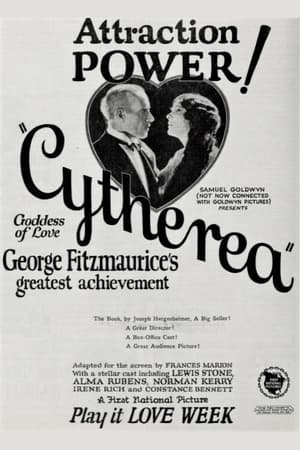 0.0
0.0Cytherea(en)
Lee Randon, weary of business duties and a conventional home life, acquires a long-lost sense of excitement and romance with young flapper Claire Morris. When he meets her married aunt, Savina Grove, she appears to be the woman he imagines whenever he gazes at a doll he has christened Cytherea, goddess of love -----Cytherea features two dream sequences filmed in an early version of the Technicolor color film process.
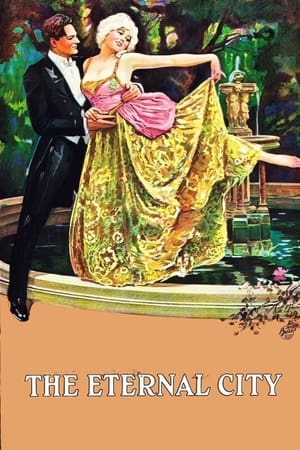 6.0
6.0The Eternal City(en)
War drama - Fitzmaurice was able to film King Victor Emmanuel III and Benito Mussolini reviewing Italian troops.
The Burgomaster of Stilemonde(en)
In Belgium during the first World War , the Uhlans order the burgomaster to be shot by his son-in-law.
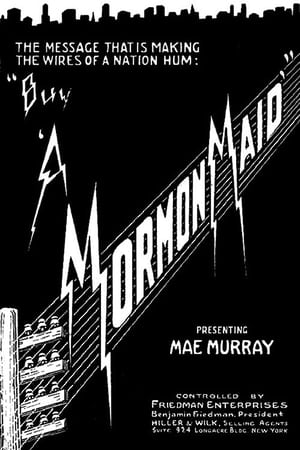 5.0
5.0A Mormon Maid(en)
This silent melodrama is set against the 1840s westward migration of the Mormons. Dora, a young woman, and her family are saved from an Indian attack by a Mormon community traveling to Utah. They join the wagon train. Dora is pursued by two men, one a recent convert, the other a scheming elder with a stable of wives. The Mormon elder wants her in his harem. When the mother kills herself from revulsion toward polygamy, the daughter must consider her own future and the man she loves. One of Mae Murray's few surviving films, this was intended by Robert Leonard to be a thoughtful drama about the goods and evils of Mormonism, but today it is generally considered pure anti-Mormon propaganda.
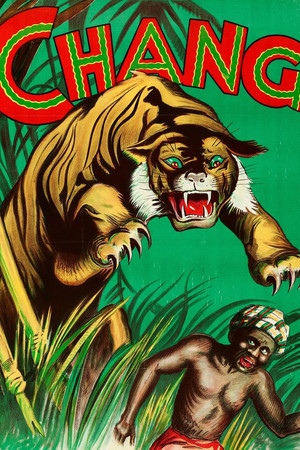 6.8
6.8Chang: A Drama of the Wilderness(en)
Elephants disrupt the lives of a family deep in the jungles of Northern Siam, and an entire village.
 7.4
7.4Strike(ru)
Workers in a factory in pre-revolutionary Russia go on strike and are met by violent suppression.
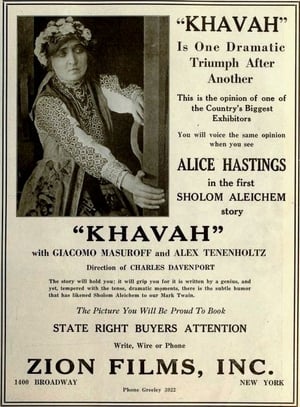 5.0
5.0Broken Barriers(yi)
This 1919 silent is the first American film based on the same Sholem Aleichem stories as Fiddler on the Roof, but produced 50 years before the blockbuster musical. Unlike most adaptations of Aleichem’s work, Broken Barriers (Khavah) focuses not on Tevye the milkman, but on his daughter Khavah, who falls in love with the gentile boy Fedka and must navigate the reverberations from this with both her community and her family.
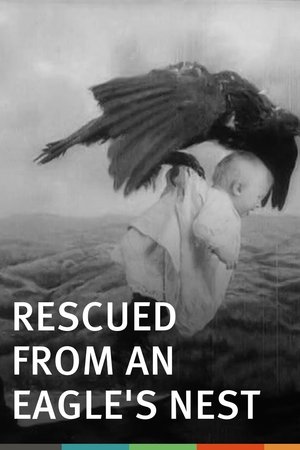 5.5
5.5Rescued from an Eagle's Nest(en)
A woodsman leaves a hut followed by a woman with their baby. Nearby some men chop down a tree. The baby is left outside the hut, but an eagle flies away with it.
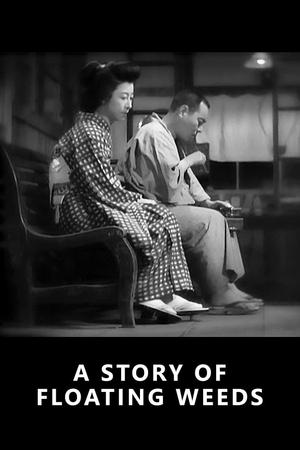 7.1
7.1A Story of Floating Weeds(ja)
An aging actor returns to a small town with his troupe and reunites with his former lover and illegitimate son, a scenario that enrages his current mistress and results in heartbreak for all.
 5.8
5.8Enoch Arden(en)
Moving Picture World described the film: "There is a small need to describe this subject as the poem of Lord Tennyson is so well known, so suffice it to say that this Biograph subject is an unusually faithful portrayal of that beautiful romance of Enoch Arden, Annie Lee and Philip Ray, taken in scenes of rare beauty".
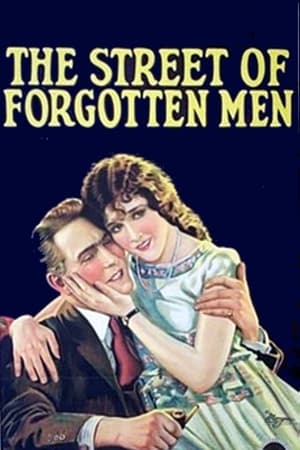 6.0
6.0The Street of Forgotten Men(en)
Easy-Money Charley, the best fake crippled beggar in New York, loses his beloved dog and adopts a dying prostitute's daughter to fill the empty place in his heart. But his fellow crooks and dissemblers mock him for sentimentality, and he disowns the child in order to bring her up secretly in the safety of a distant suburb. He brings her up as a young lady in ignorance of her true history or of his; but when he discovers that her affections have taken an unexpected slant, it brings about an end to their tranquil life, a crisis of conscience, and an opportunity for the sinister 'White-Eye' to take a hand...
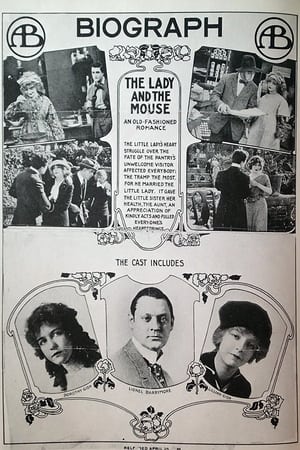 0.0
0.0The Lady and the Mouse(en)
The question is, would the young tramp really have fallen in love with the groceryman's daughter if he had not caught her in the heart struggle? Be that as it may, she could not find it in her to drown the unwelcome visitor to the pantry, so she let it go and the silent little drama witnessed by the tramp greatly impressed him. Not so the strict aunt, she declared the whole thing to be in exact accordance with everything else in the family. Their hearts ran away with their heads. That was why they lost money on credit, could not pay off the mortgage and send the sick sister to a better climate. As for the tramp, they had no business to take him in. He could not pay for his keep. But the tramp surprised them all.
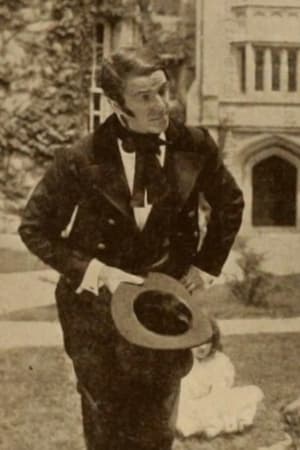 0.0
0.0Vanity Fair(en)
"Vanity Fair" is a historical drama, based on the classic English novel written by William Thackeray, featuring Shirley Mason. Shirley Mason was 15 y.o. and played the role of the young Becky Sharp. Directors obviously took notice of her performance, because in 1917 she appeared in 17 feature films, in many of them playing the star role.
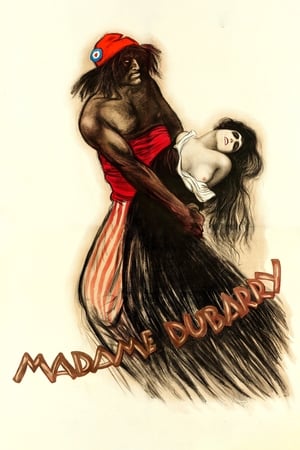 6.4
6.4Madame DuBarry(de)
The story of Madame du Barry, the mistress of Louis XV of France, and her loves in the time of the French revolution.
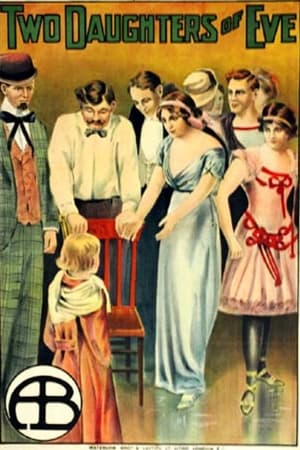 0.0
0.0Two Daughters of Eve(en)
Calumny is one of the most despicable crimes against our neighbor, and while the wife in this story acted conventionally, she nevertheless maligned the other woman simply because of her profession, an actress. While out on a shopping tour, the wife and her husband enter a store, leaving their little child in the auto in the care of the chauffeur. This gentleman pays but scant attention to the child, so the little one wanders off and strolls into the stage door of a theater during the matinee. The parents upon their return to the auto discover the child's absence and trace him to the theater stage, where they find him in the arms of one of the show girls. The mother matches the child from the girl's arms, scornfully exclaiming, "How dare you contaminate my child with your touch?" For this remark, together with the derisive laughter it occasions, the girl vows to be avenged.
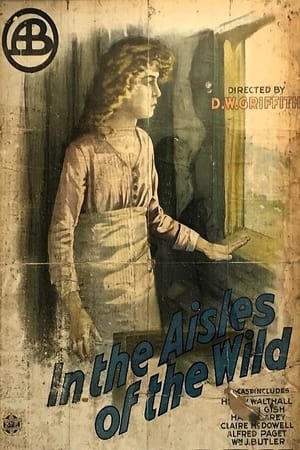 0.0
0.0In the Aisles of the Wild(en)
A widower and his two daughters live in the wilds of the north woods. They form the acquaintance of two trappers, Bob Cole and Jim Watson, who hunt in the neighborhood. As fate will have it, both trappers love the same girl, the elder sister, but she loves Bob, while the younger girl is attracted by Jim. The elder girl, however, through a woman's whim, pays marked attention to Jim simply to arouse jealousy in Bob. He, in temper, cannot reason her motive and leaves, so through pique she accepts and marries Jim. Later Bob revisits the place, feeling that the girl loves him best, and tries to induce her to go away with him. He finally succeeds and, as you may imagine, fate brings about justice.
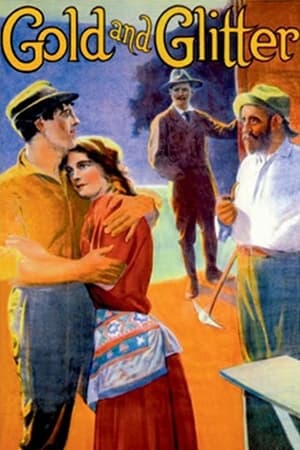 0.0
0.0Gold and Glitter(en)
As the husband leaves for the lumber regions, his wife gives him a memory message to be opened after his arrival. Attracted by a maid, cherished by the love of two old brothers, he forgets it until sometime later. The message serves its purpose, however, for through it, after a thrilling experience, the maid learns the true value of the man's love, while he in his turn, goes back to his waiting wife and finds there, along with his shame and regeneration, his heart's desire.
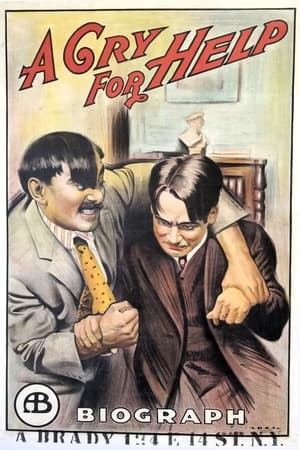 0.0
0.0A Cry for Help(en)
Knocked down by an automobile, the intoxicated tramp is taken to the doctor's house, received and treated to a square meal. The husband of a patient has just died, calls on the doctor, intending to kill him. The grief-crazed man is foiled several times by the return of the tramp, whom the maid at last pushes out of the house. She hears the doctor struggling with his assailant and faints. The tramp hears the doctor's cry for help and enters by a rear window, despite the objections of a policeman, in time to save his benefactor.

